Artificial intelligence is like magic in the world of modern technology and programming. It doesn't just exist, it actively penetrates into our everyday life, improving it.
Let's dive into the fascinating world of AI and find out what really lies behind these mysterious words. How this "magical" intelligence works, and why knowledge about this field becomes the key to success for future programmers and for all of us.
Content:
- The concept of Artificial Intelligence
- Why is AI so popular?
- Principles of Artificial Intelligence
- Applications of AI in modern life
- Conclusion
Concept of Artificial Intelligence
Artificial intelligence is the ability of a computer to learn, make decisions and perform actions typical of human intelligence.
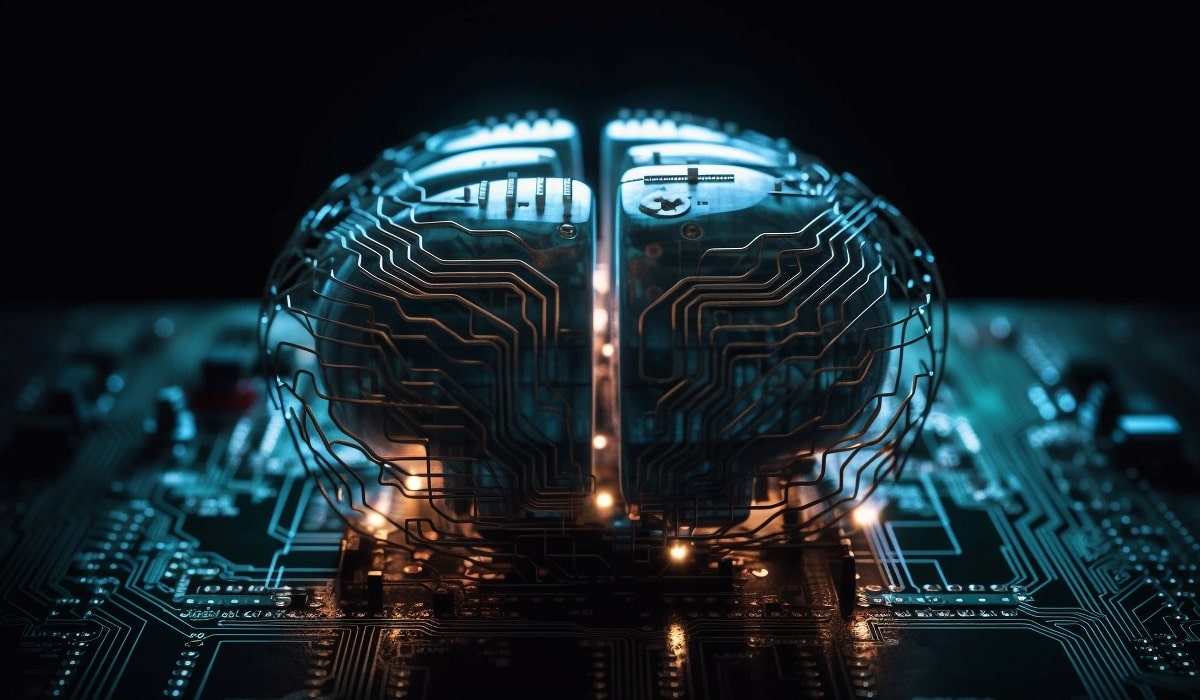
Artificial intelligence is a separate field of computer science. AI specialists develop systems that analyze information and solve problems in the same way a human does. Here they explore technologies that allow them to create "smart" programs and train computers to solve problems themselves.
"Immerse yourself in the world of artificial intelligence right now! Learn about the learning opportunities at CODDY, the school of programming".
Why is AI so popular?

Artificial intelligence (AI) is incredibly popular and here's why:
Technological breakthroughs. AI is one of the most significant technological revolutions of our time. Many aspects of our lives are improving thanks to it, from healthcare and the automotive industry to finance and education.
Wide range of applications. AI is being applied to almost every field, including medicine, marketing, science, art, and more. This makes it a universal computer science. Any executive will want an employee like this.
Complex Problem Solving. The ability to solve tasks that were once considered impossible for computers. For example, pattern recognition, big data analysis, and automating complex tasks.

Task automation is the process of using software to perform tasks that would have been done manually. This could be creating blog posts or using spreadsheet commands to find the right information in complex data. Task automation software performs these actions faster than a human could and without errors.
Impact on the future. Artificial intelligence plays a key role in shaping the future of society. Understanding its principles and capabilities is becoming an integral part of education and professional development.
Principles of Artificial Intelligence
As we said earlier, AI can perform the tasks assigned to it and acquire new skills thanks to machine learning. Unlike "classical" methods, when all the necessary information is loaded into the system in advance, machine learning algorithms force the system to develop on its own by learning the available information.
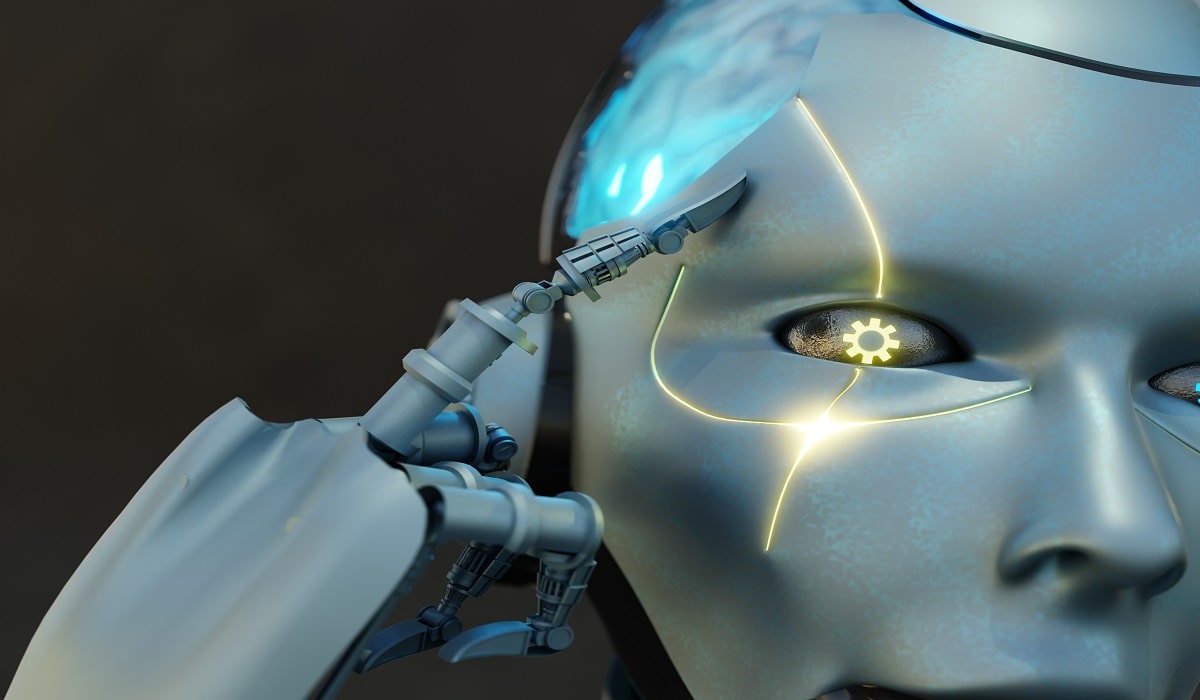
For example, we need to create a fraud detection program. The machine learning algorithm works with a list of bank legitimate and illegitimate transactions and their result. The machine learning model then analyzes and develops a statistical relationship between legitimate and fraudulent transactions.After this training, when the algorithm is presented with the data of a new bank transaction, it classifies it based on the patterns it has learned from the examples.
Machine learning. It's like lessons for computers. They can learn, analyze data, and make decisions without requiring pre-written rules.
Neural networks. These are like their brains. They help them analyze data as we think.
Automation. This is when computers do difficult tasks themselves, such as recognizing pictures, word processing, and even controlling robots.
Adaptability and learning. AI is able to learn from experience and get better. You could say that artificial intelligence is constantly growing and evolving. We're making it better every day, and that's exciting!
Applications of AI in modern life
Artificial Intelligence (AI) is becoming part of our daily lives even when we don't notice it: self-driving cars, modern robots, and AI in traffic control systems. Let's take a look at a few examples of how AI is being actively used in our everyday lives.
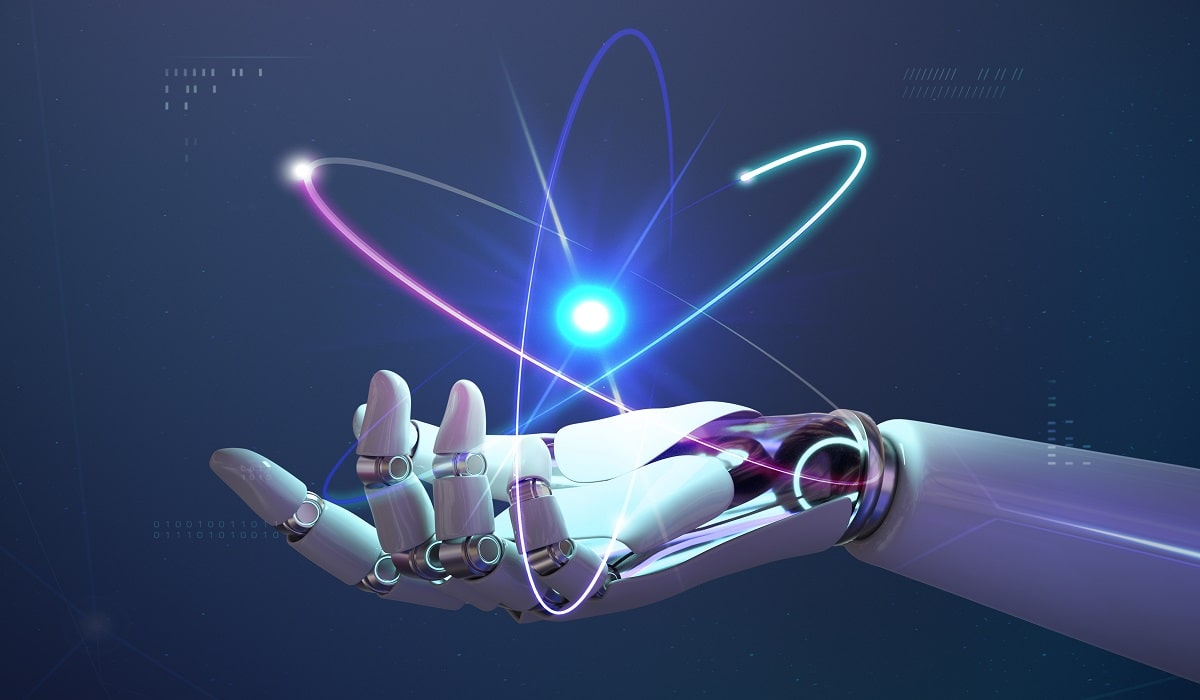
1. Traveling and navigation
At least once in our lives, but we had to use navigators, online maps, and other similar services. For many people it has become commonplace.
Google, Apple, and many other navigation-related service providers are using AI to interpret the metrics of the information they receive and provide you with information that helps you navigate and also allows you to get real-time traffic updates, helping you to commute more efficiently.
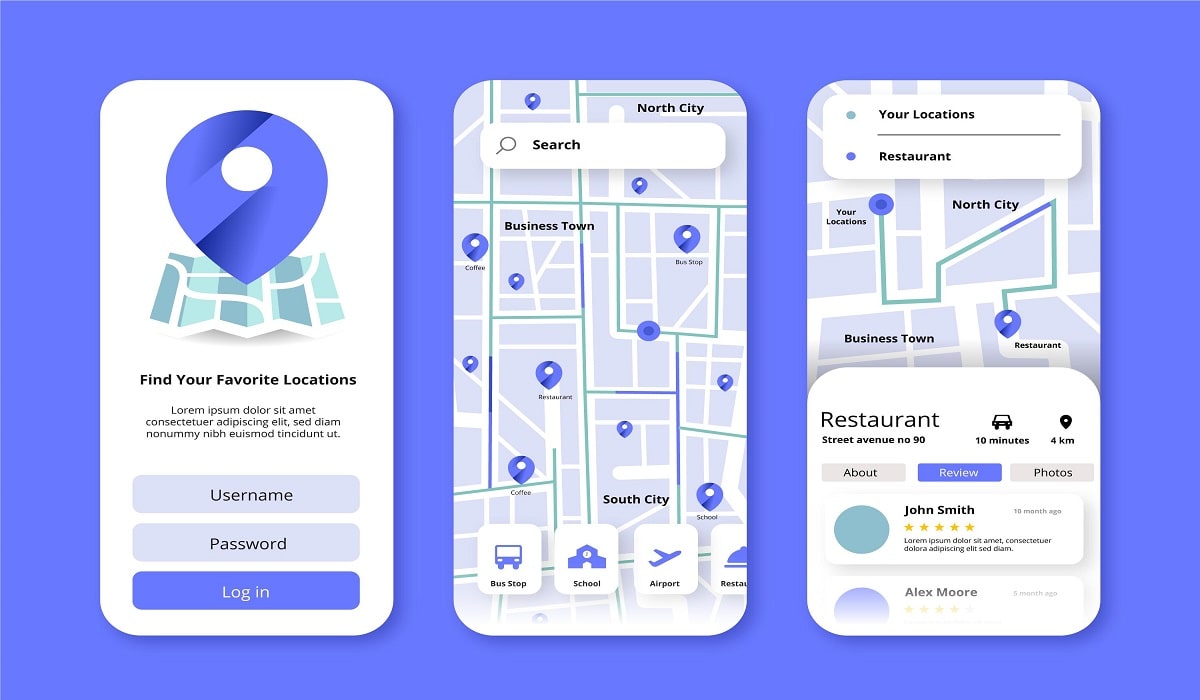
2. Advertising
How many times have you wondered while looking at an online ad on your phone, "I was just recently thinking about buying that product, wasn't I?" That's the work of AI.
There's no magic here with AI reading your mind. It's simply tracking what you do online. The products you browse on various shopping sites or search engines are tracked, and advertisements related to those products are sent to you.
The AI also uses information related to demographics such as your age, gender, occupation, etc. To identify ads for products that are likely to be your preferences.

3. Smart cars
Another area where AI is increasing its presence in our daily lives is smart cars.
Not only are companies like Tesla using automation technology in vehicles, but many car manufacturers are also looking at integrating AI with cars to seamlessly service the various technologies you use.
Information is distributed and shared between vehicles to better maneuver through traffic conditions. Traffic inputs, real-time roadblock information, etc. Information is instantly transmitted to alert other vehicles in the network, allowing route rerouting.
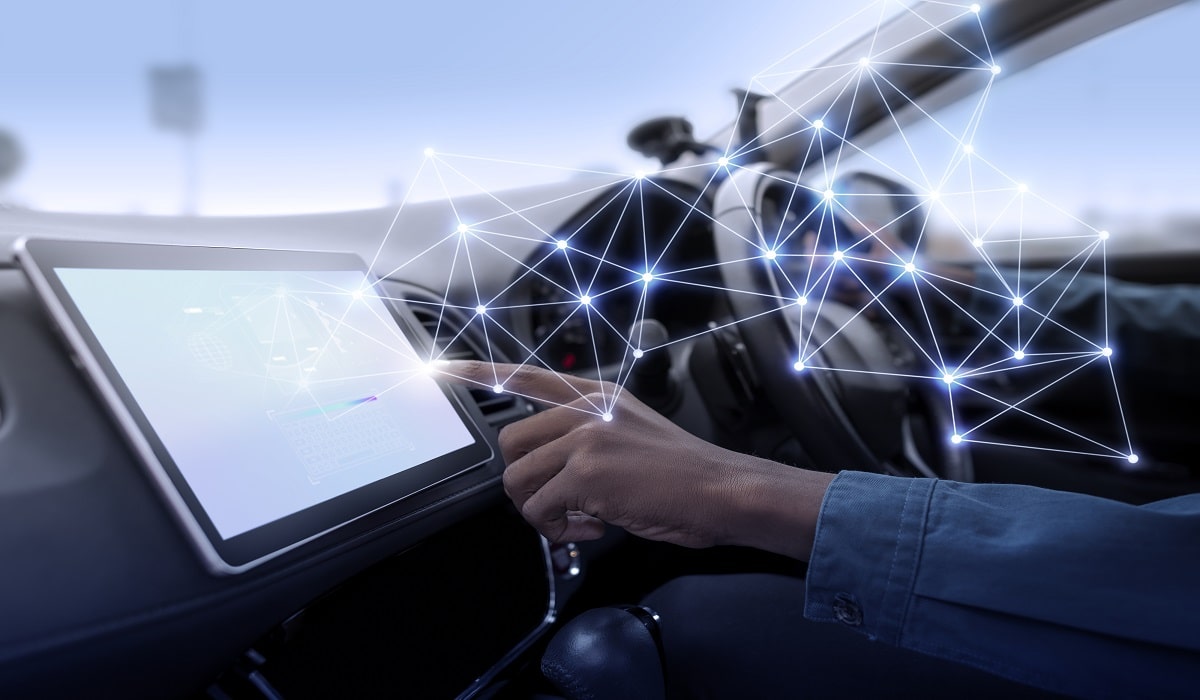
4. Smart Home
When it comes to the use of AI in the development of smart homes, voice assistants Alice, Alexa, Bixby, etc. come to mind. However, these AI applications are not limited to these smart assistants.
Thermostat devices that use AI to automatically adjust the temperature, AI applications that save energy by automatically turning on/off light sources based on human presence, smart speakers , applications that change the color of a light source based on the time of day, etc.
The AI in use is evolving and more and more solutions are being developed that understand our behavior and function accordingly.

5. Security and surveillance
The thought of artificial intelligence gives the idea that it is being used for larger scale surveillance. While ethics is a matter of debate, it is a known fact that AI is increasingly being used in this area.
Tracking the huge stream from various cameras and other devices is not only cumbersome but also has its limitations.
AI uses technologies like facial recognition, object and location recognition, etc., To track the data received and analyze it.
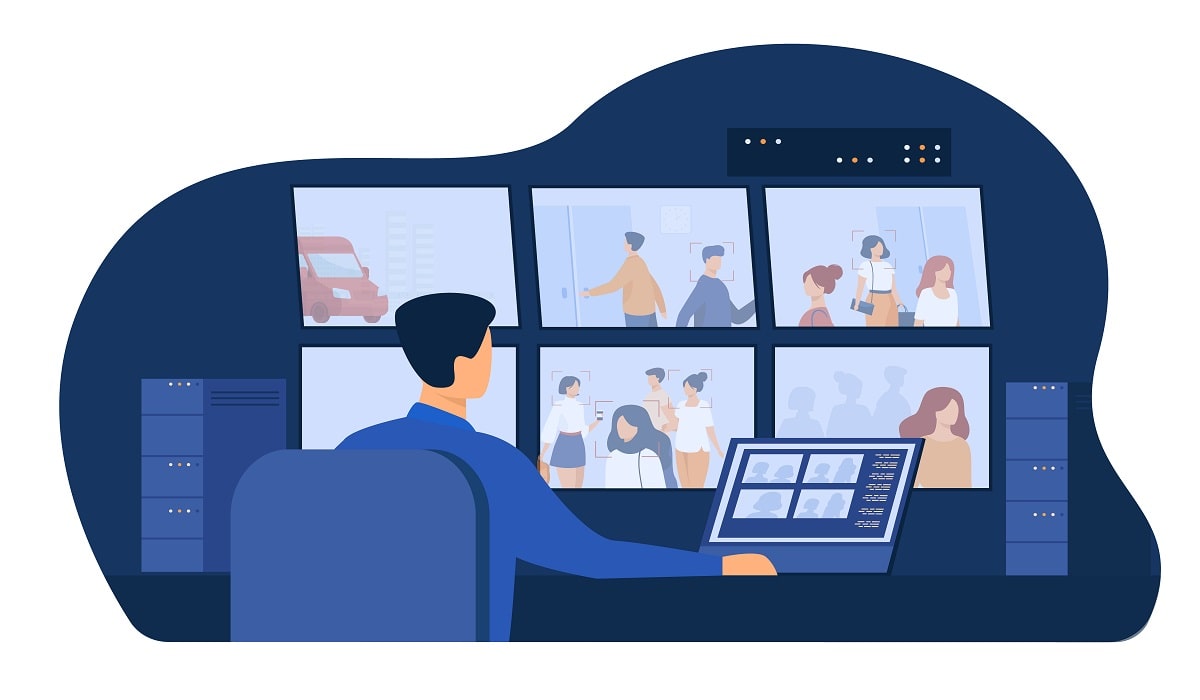
Conclusion
Artificial Intelligence has become an integral part of our world, penetrating various spheres of life and enriching them with new capabilities.
It is not just a technological trend, but a tool that is changing the way we work, learn, entertain and interact.
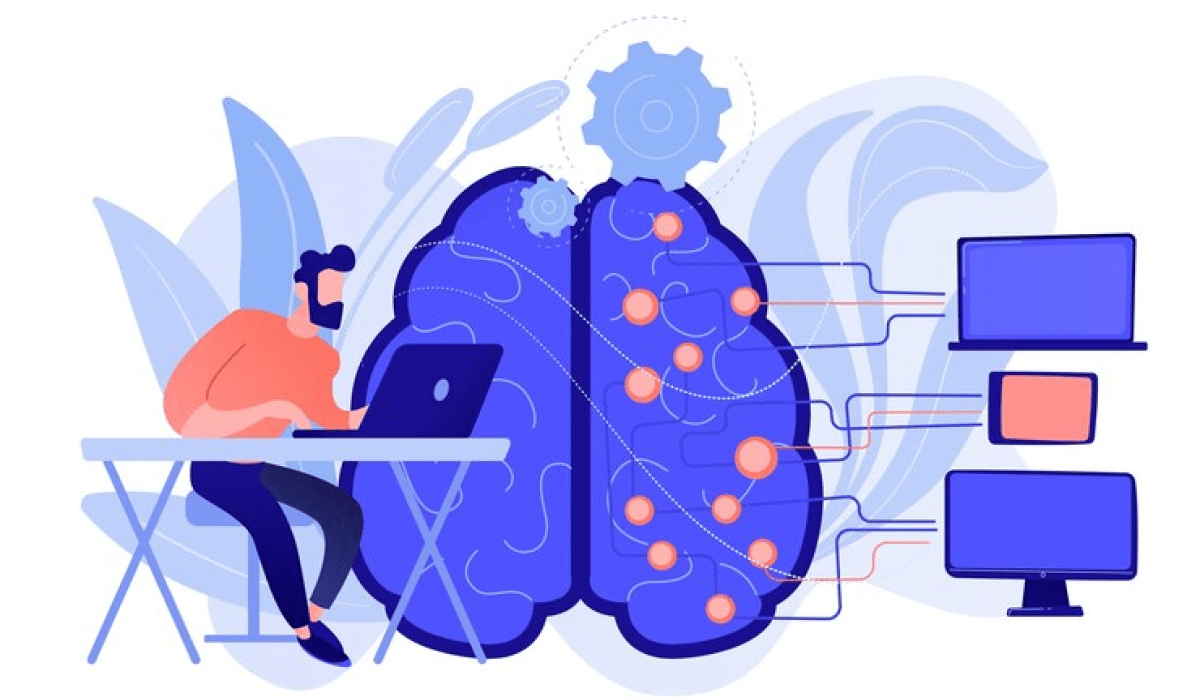
Understanding artificial intelligence and its potential becomes the key to successfully adapting in today's world. Start exploring and learning, because the future is already here, and it's spectacular.





